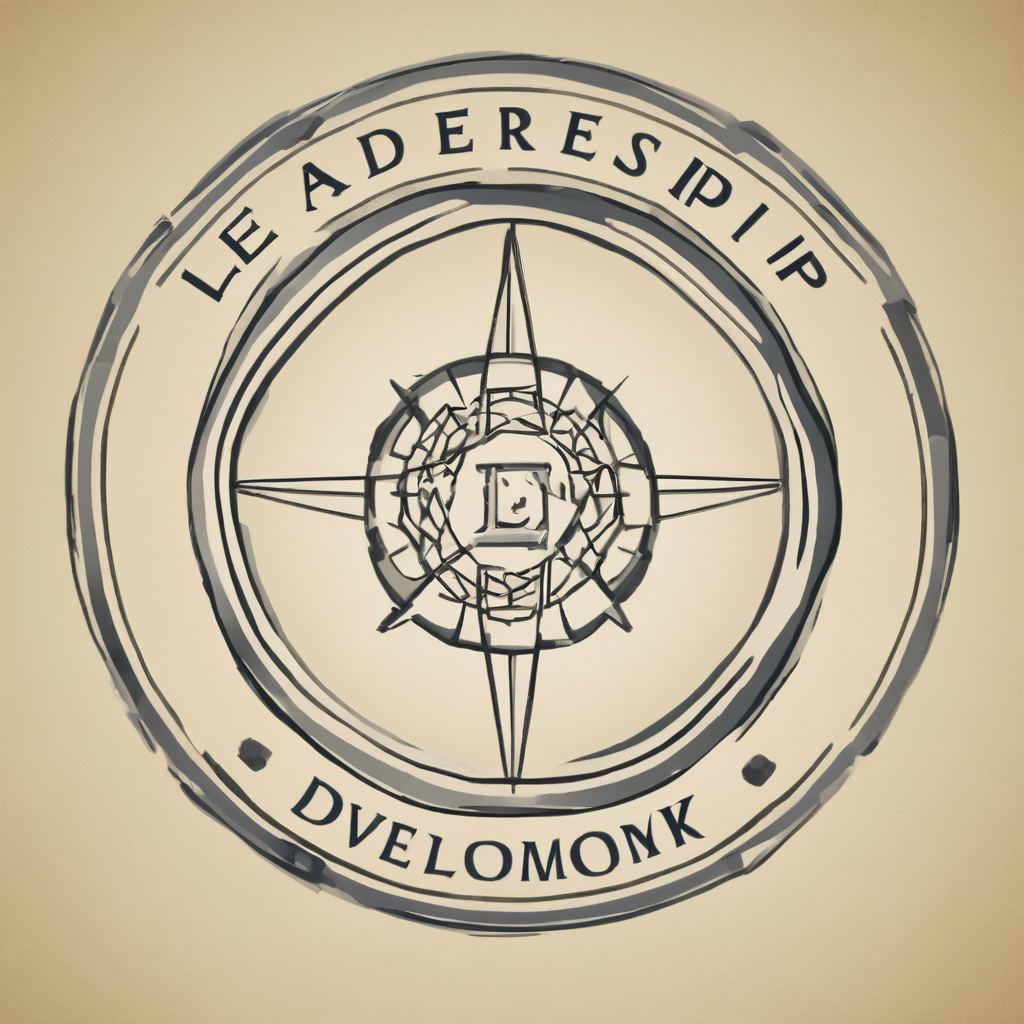Horizon Europe represents a significant opportunity for researchers and innovators across Europe. With a budget of €95.5 billion, this ambitious program aims to tackle pressing societal challenges, from climate change to healthcare. Understanding its objectives, eligibility, and application processes is essential for tapping into this vast resource. Explore how you can unlock funding and contribute to groundbreaking projects that shape a sustainable future.
Overview of Horizon Europe
Horizon Europe is the European Union’s flagship initiative promoting cutting-edge research and innovation from 2021-2027, with a robust budget of €95.5 billion. The program stands as a crucial framework for European Union research funding programs, aiming to strengthen the technology base while addressing urgent global challenges such as climate change and public health. By acting as an inclusive platform, Horizon Europe enhances collective competencies and fosters connections across EU member states, thereby ensuring competitiveness and economic growth in alignment with the UN’s Sustainable Development Goals.
Also to see : Ultimate guide to developing a comprehensive social media strategy for uk restaurants: your step-by-step blueprint
As you discover Horizon Europe benefits, you’ll see how the program’s missions are strategically developed to tackle significant issues like enhancing climate resilience, battling cancer, and creating sustainable urban centers. The framework promotes collaboration across borders, reinforcing European competitiveness through research partnerships and inclusive opportunities for non-EU countries. Dedicated streams within the budget support various sectors, including health, digital industries, and climate actions, allowing for a diversified approach to innovation. With stakeholder engagement at its core, Horizon Europe optimizes scientific investment impacts and fosters knowledge dissemination across the continent and beyond.
Funding Opportunities and Eligibility
Types of Funding Available
Horizon Europe offers a diverse range of funding opportunities aimed at bolstering research and innovation across the EU. These funds are organized into distinct categories to support various initiatives. Collaborative research projects are a primary form of funding, promoting partnerships between public and private sectors. Grants are available for projects under the three main pillars: Excellence Science, Global Challenges and European Industrial Competitiveness, and Innovative Europe. Each pillar hosts several programs targeting different areas like health, climate, and digital innovation.
Also read : Crafting an invincible cybersecurity blueprint: key tactics for e-commerce platforms in the uk
Eligibility Criteria for Applicants
To access these funding opportunities, applicants must meet specific eligibility criteria. This typically includes being based in either an EU country or an associated state. Certain calls may have additional criteria, such as a requirement for consortium members from multiple countries or specific sectors. Non-EU associations can also partake under particular conditions, offering a flexible framework for broader participation.
Upcoming Calls for Proposals and Application Deadlines
The Horizon Europe program regularly announces calls for proposals, inviting applicants to submit their projects for consideration. The schedule for upcoming calls in 2025 outlines detailed timelines and specific thematic areas open for application. These structured timelines are vital for potential applicants to plan and prepare competitive submissions in advance, ensuring their alignment with the program’s strategic goals.
Application Process and Project Management
Step-by-Step Application Guide
The Horizon Europe grant application process can seem complex, but breaking it down into clear steps helps. First, identify the appropriate call for proposals on the Horizon Europe portal. Thoroughly read the call conditions and required documentation. Next, prepare your proposal using the provided templates, ensuring a focus on the project’s relevance to the call objectives. Projects often emphasize innovation, responsibility, and potential impact. Submit your proposal through the official participant portal before the deadline, paying attention to any specific submission requirements.
Best Practices for Managing Horizon Europe Projects
Effective project management is crucial for success in Horizon Europe. Begin by establishing clear roles and responsibilities within your team. Regular communication is essential, particularly if your project involves international partners. Utilize project management tools to keep track of deadlines, budget allocations, and progress reports. Regularly review your project’s objectives to ensure they remain aligned with the broader goals of Horizon Europe, such as addressing climate change and enhancing technological innovation.
Navigating the Participant Portal
Accessing the Horizon Europe participant portal is critical for managing applications and projects. After creating an account, you can monitor proposal statuses, retrieve submission feedback, and manage financial aspects of granted projects. The portal also offers valuable resources, including FAQs and help guides to support applicants through each stage of the application process. Keeping familiar with updates on this platform ensures smooth project management and compliance with EU requirements throughout the project lifecycle.
Impact and Collaboration in Horizon Europe
Analyzing the Impact of Horizon Europe Funding
Horizon Europe’s funding has revolutionized research across the EU by significantly increasing the science budget compared to its predecessor, Horizon 2020. With a €95.5 billion budget, the initiative supports diverse projects tackling global issues such as climate change and sustainable development. The funding structure aims to bolster scientific research by distributing resources strategically across various domains, thus enhancing the EU’s scientific prowess and economic competitiveness.
Successful Collaborative Projects and Lessons Learned
Many projects funded by Horizon Europe rely on collaboration, drawing participants from different sectors and countries. This multidisciplinary approach fosters innovation by combining unique perspectives to solve complex challenges. These collaborations have led to advancements in health, technology, and environmental sustainability. Importantly, project participants report a wealth of lessons learned, emphasizing the need for effective communication and shared goals to drive successful outcomes.
Opportunities for International Engagement in Horizon Europe
Horizon Europe welcomes international partnerships, notably with non-EU countries under its “Associated Member” status. This arrangement expands the program’s potential for global impact by inviting varied expertise and fostering diverse viewpoints. Such international collaboration enhances research outcomes and broadens the scope of scientific inquiry, making Horizon Europe a beacon for worldwide innovation.











